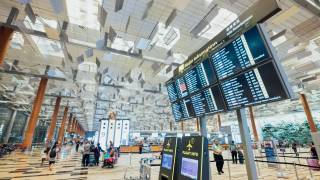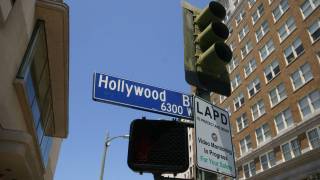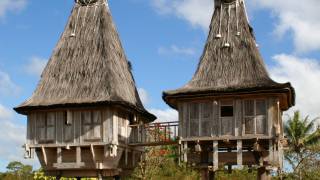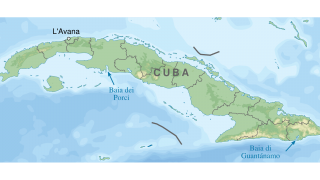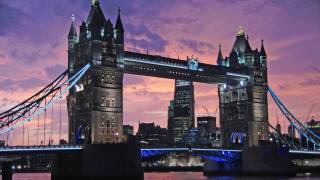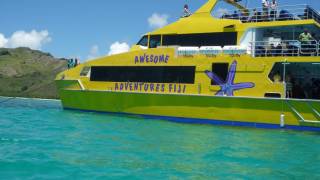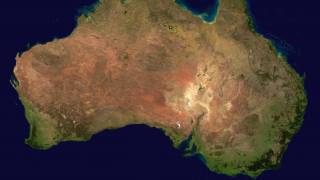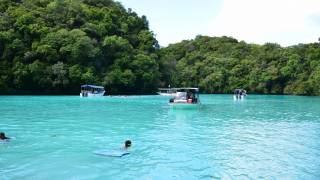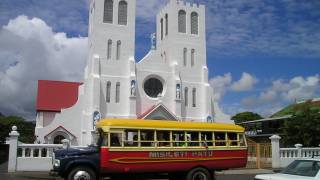Level 4 Travel Advisory Reissued for the Democratic People's Republic of Korea
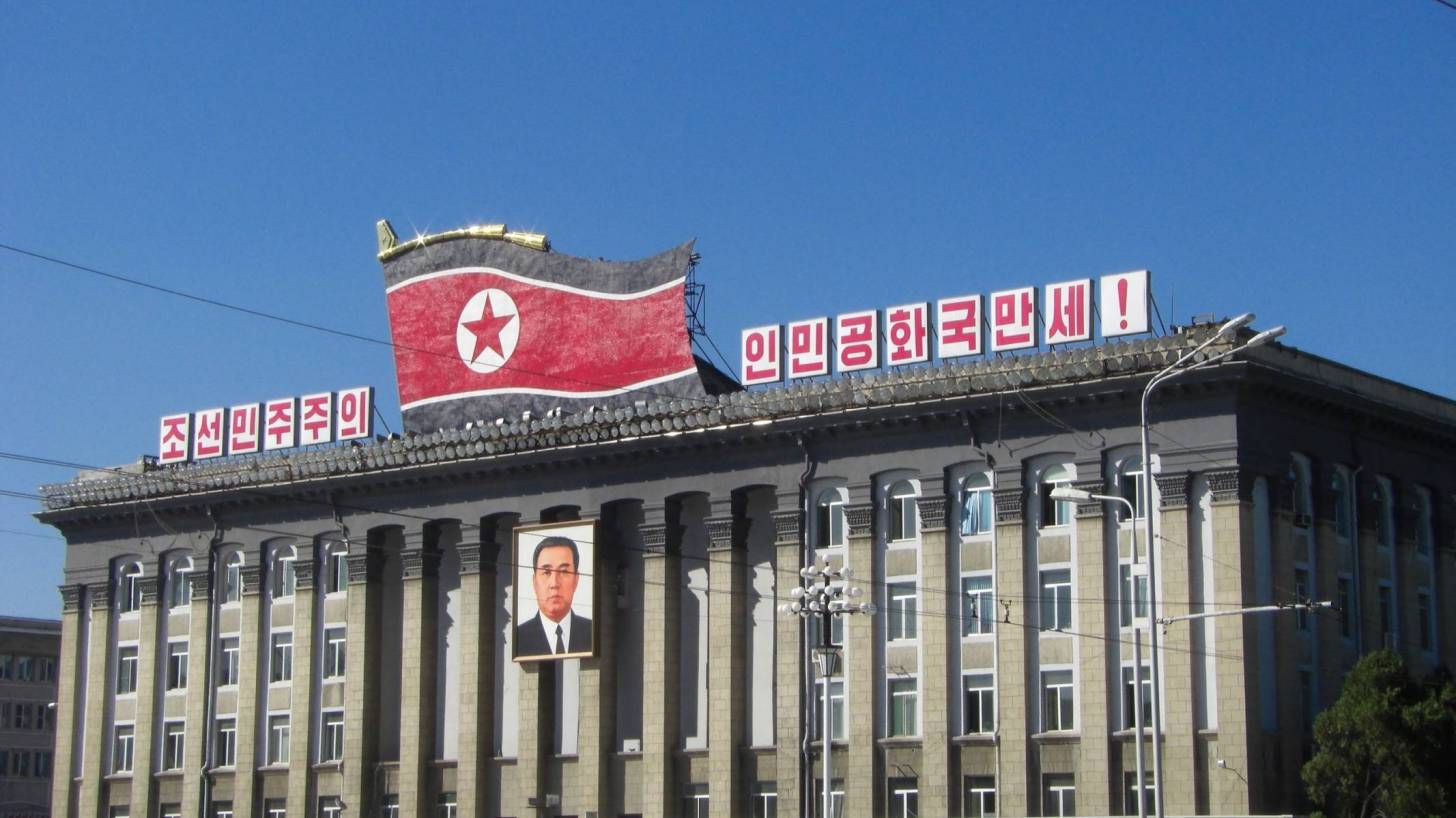
The US Department of State reissued a Level 4 Travel Advisory when visiting the Democratic People's Republic of Korea.
This ‘Do Not Travel’ to North Korea advisory was published on July 10, 2019, due to the serious risk of arrest and long-term detention of U.S. nationals.
This State Department advisory says:
- The U.S. government is unable to provide emergency services to U.S. citizens in North Korea as it does not have diplomatic or consular relations with North Korea.
- Individuals cannot use a U.S. passport to travel to, in, or through North Korea without a special validation from the Department of State.
- Sweden serves as the protecting power for the United States in North Korea, providing limited emergency services. The North Korean government routinely delays or denies Swedish officials access to detained U.S. citizens.
- Due to risks to civil aviation operating within or in the vicinity of North Korea, the Federal Aviation Administration has issued a Notice to Airmen and/or a Special Federal Aviation Regulation.
- Special validations are granted only in very limited circumstances.
Previously, the Canadian government issued a ‘Avoid All Travel’ advisory on June 6, 2019.
Additionally, on July 9, 2019, the UK Foreign and Commonwealth Office (FCO) advised against all but essential travel to North Korea (DPRK).
While daily life in the capital city Pyongyang may appear calm, this FOC statement says ‘security situation in North Korea can change with little notice and with no advance warning of possible actions by the North Korean authorities.’
Preventive actions
If you receive a special validation from the State Department to travel to North Korea, draft a will and designate appropriate insurance beneficiaries and/or power of attorney.
Discuss a plan with loved ones regarding care/custody of children, pets, property, belongings, non-liquid assets (collections, artwork, etc.), funeral wishes, etc.
Visit Travel to High-Risk Areas website.
Enroll in the Smart Traveler Enrollment Program (STEP) to receive Alerts and make it easier to locate you in an emergency.
U.S. citizens who travel abroad should always have a contingency plan for emergency situations, such as this Traveler’s Checklist.
More information on how to apply for the special validation is available here.
Health risks
The Centers for Disease Control and Prevention (CDC) says most health facilities in North Korea are poor. Standards of clinical hygiene in hospitals are low. Anesthetics are sometimes unavailable. Evacuation is likely to be necessary for serious illness or injury. Avoid surgery if at all possible.
Vaccines
Furthermore, the CDC suggested on June 18, 2019, that visitors to North Korea are current with certain vaccines, such as Routine Vaccines and the measles-mumps-rubella (MMR) vaccine. Pre-departure vaccination services, related travel medications, and counseling appointments can be scheduled with a local pharmacy by visiting Vax-Before-Travel.
As of July 1, 2019, the CDC updated its private sector vaccine prices for general information. And, the CDC’s Vaccines For Children program offers vaccines at no cost to children who might not otherwise be vaccinated because of inability to pay.
Additional financial support programs can be found at Vaccine Discounts.
Vaccines, like any medicine, can have side effects. You are encouraged to report vaccine side effects to the CDC.
Our Trust Standards: Medical Advisory Committee

